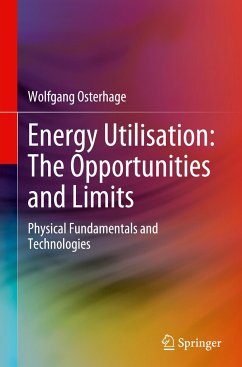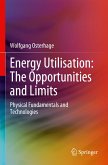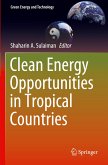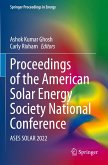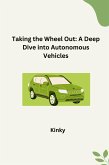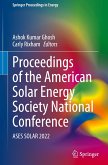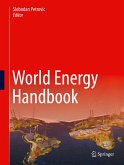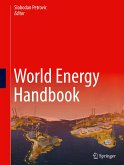This textbook introduces energy utilisation. It outlines energy balances - which are determined by the fundamental laws of thermodynamics-, the fundamentals of atomic and nuclear mechanisms, the laws of fluid mechanics and electromagnetism. The technologies which stem from these mechanisms, including steam power plants, solar and wind energy systems, hydrodynamic power, biomass and geothermal energy systems, are all discussed. Prospects for future projects, such as nuclear fusion, fuel cells, and smart energy concepts are presented, as well as the role of energy balances in relation to climate engineering. Opportunities and Limits of Energy Utilisation will be of interest to graduate students, as well as researchers, lecturers, industry engineers. It provides numerous examples, problems and solutions, making it particularly relevant to students looking for a thorough understanding of the fundamentals of advanced energy technologies.
Bitte wählen Sie Ihr Anliegen aus.
Rechnungen
Retourenschein anfordern
Bestellstatus
Storno

